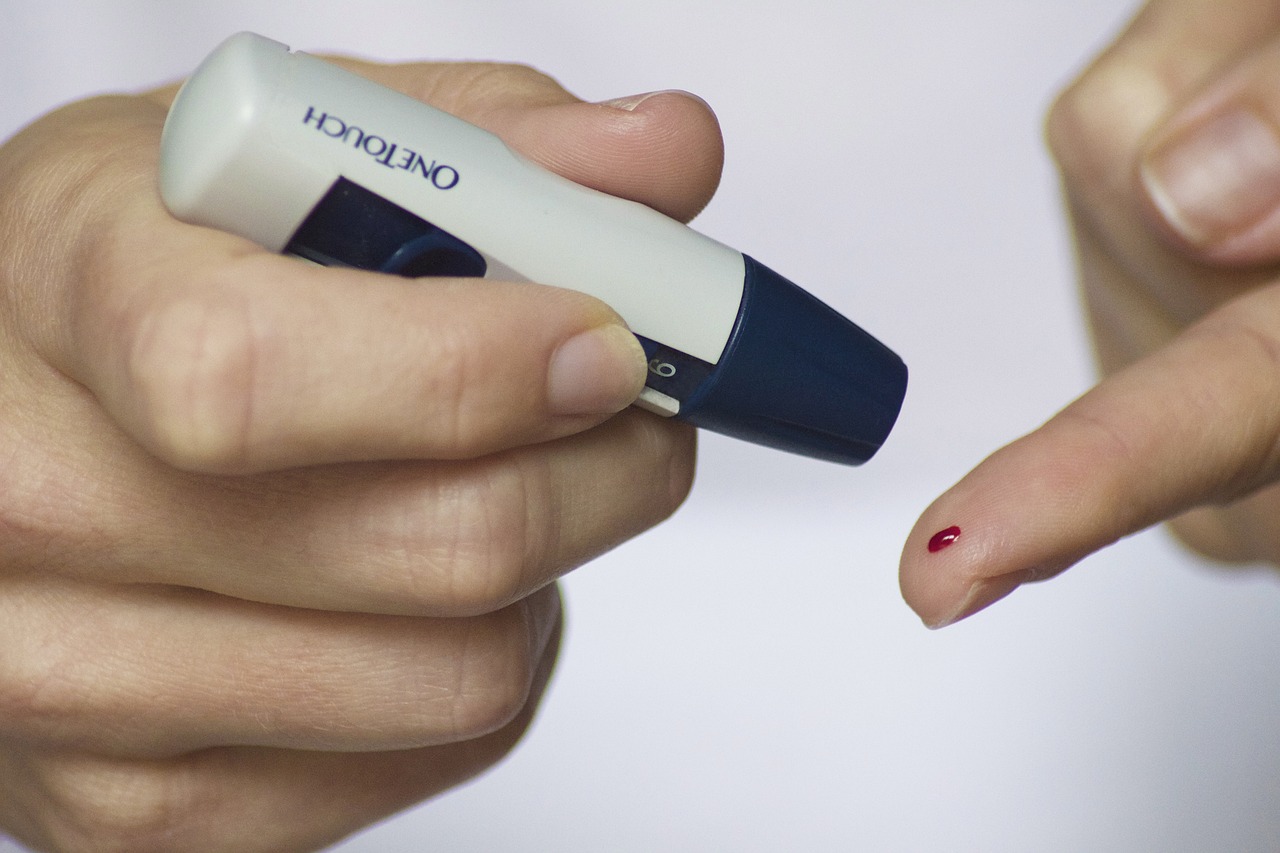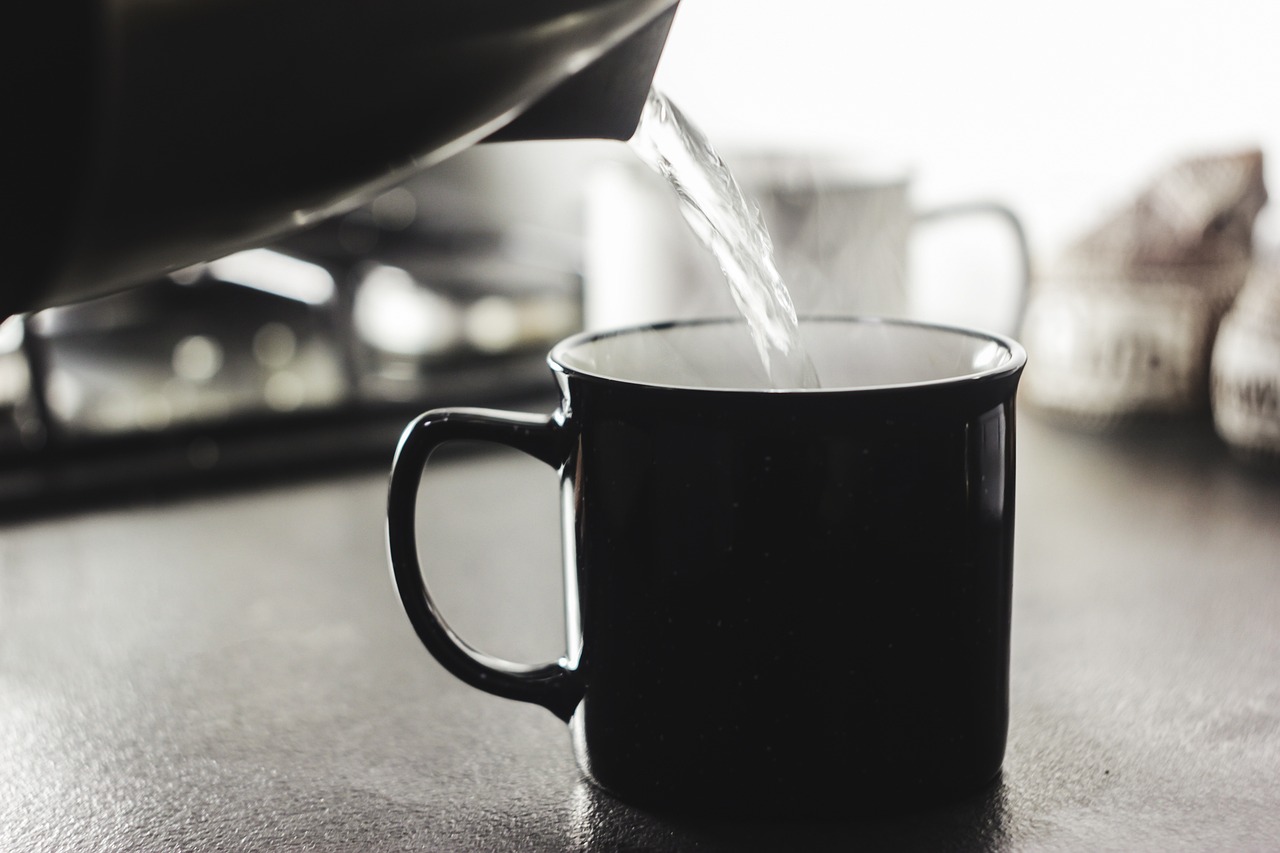Someone asked me to give them the 5 most important things I would have to share with someone who is trying to get in shape. These are a few key points I feel like we’re worth sharing…
Set Small Goals: People go into a program and say “I’m going to lose 100 pounds” or “I’m going to be able to bench press my body weight.” Well, losing 100 pounds is a massive goal that you can’t reasonably see, and being able to bench 250 pounds when you can currently only bench 100 is also not reasonable. Set a goal such as “I’m going to lose 1 or 1.5 pounds per week” and stick with it. 1 pound a week means eating at around a calorie deficit of 500 a day. You need to figure out your basal metabolic rate, which is just a fancy way of saying, “If I woke up today and never left the couch, how many calories would I burn?” Get that figured out, and generally try to eat around that many calories a day because like I said, that measurement is assuming you never left the couch. Walking/working/giving the kids a bath etc. all burn calories. So, just assume you’re burning your BMR + about 500 calories a day on days you don’t exercise and figure out your calorie intake from there. If 2 or 3 weeks go by, and you either notice the scale going up or even going down too fast, adjust your eating as needed. 1-1.5 pounds a week of weight loss is generally about the only acceptable amount to lose if you aren’t classified as morbidly obese. Anything more than that, and you’re probably sacrificing muscle mass as well as fat. The goal of losing weight is all fat loss and little to no muscle loss.
Exercise (especially muscle-building exercise) is NOT optional: People, mainly women, are obsessed with the “cardio and abs” gym workout. They think doing countless hours of cardio and even more countless amounts of crunches will miraculously result in a slim figure with six-pack abs. There’s just one problem. It will most likely result in the exact opposite. You will more than likely just wind up burning off muscle instead of fat with the cardio and abs routine. The fact is, you CANNOT spot reduce fat. Fat is burned evenly along the whole body when you’re losing weight. Cardio is beneficial to your heart and overall general health, and doing crunches can help you build a stronger core which is also a good thing. However, your muscle is your metabolism. If you’re not using it, you’re wasting it. If you’re not building it, you’re not progressing your fitness, and losing weight will be infinitely more difficult.
You have to lift weights/ perform resistance exercises of some kind. This doesn’t mean you have to go into a gym and get under a barbell. This simply means you have to perform exercises that put stress on the muscles. And not just a few of them. Ideally, working all the muscle groups at least once or twice a week is the goal. As I said, if you can’t get to a gym, that’s okay. Google is a wonderful tool. Search for “at-home workouts” or “home fitness.” Those fancy programs like P90X and Insanity are very good, but only if you’re experienced and somewhat in shape. Otherwise, you’re going to be way in over your head and too sore to get out of bed after the first workout. Being sore isn’t a bad thing. Being so sore that you’re miserable may cause you to never want to work out again. Start slow, then build your way up to more challenging things.
If you do have time to get in the gym and are relatively novice, hire a personal trainer. Oftentimes, they are people who are very dedicated to helping you achieve your fitness goals. They are also very knowledgeable and will show you the correct way of setting up a proper fitness program. A personal trainer can often be the difference between seeing limited results to seeing great results. They will also show you the correct technique and form for exercises, which will reduce the likelihood of injury.
Conquer your insulin, and conquer your weight: Most people only associate insulin with diabetes, which is true. But it’s so much more than that. The best way to define insulin would be to call it your “growth hormone.” Depending on your dietary and exercise habits, that growth could be in the form of muscle or fat. Cram your body full of processed foods, refined sugars, and high-GI carbs (sweets, white bread, starches), and watch your waistline expand because you’re spiking your insulin to dangerous levels. Eat more whole food, whole grains, and vegetables, and have those high-GI carbs at the correct times combined with a daily calorie deficit and sufficient exercise, and watch your waistline shrink. It’s basically as simple as that.
Once again, Google is your friend in this instance. Search “glycemic index” and it will give you a detailed overview of how insulin reacts to the foods you eat. Learn the difference between high GI and low GI carbohydrates. The only time you should really be ingesting those high GI carbs is after an intense muscle-depleting workout to help replenish and repair your muscles. Those carbs should be something like a small bottle of Gatorade, a handful of gummy bears, or white bread with jelly. Keeping your insulin under control the rest of the time will help you lose weight, as well as help you maintain much better general health.
Eat right: Fad diets DO NOT work. There’s no magic diet. There’s no magic pill you can take. The only real diet is a healthy balanced diet. Period! You never let your car run out of fuel, because you’d be stranded. Eating enough and often enough is the same concept. Keep your body fueled, and it will keep running much more efficiently.
In the past, I was a big proponent of eating many small meals a day, and I would NEVER dream of skipping breakfast. However, as I’ve expanded my knowledge on the subject of nutrition, I’ve learned a few things I would like to share. Breakfast isn’t necessary. In fact, for some, it might be downright damaging to your progress. When you rise in the morning, the stress hormone called cortisol is at its highest and it will be all day. Cortisol is responsible for a lot of different functions, one of them being the storage of fat in your body. Insulin sensitivity is also very high in the morning.
Remember, as I stated above, insulin can have damaging effects on your body fat. So assuming you rise from bed, go into the kitchen, and immediately have the traditional eggs, oatmeal, and fruit breakfast, you’re essentially stoking the fire that is insulin. In combination with high cortisol levels, the insulin created by the breakfast you just ate can cause you to gain and/or keep some of that unwanted fat around.
So, I usually recommend to my fat loss clients to have more of a late breakfast that is fairly low in carbs if the opportunity is available to them. Cortisol levels generally ease a few hours after rising, so having a late breakfast or skipping it altogether is optimal if fat loss is your goal.
Now that I’ve turned the breakfast theory on its head, let me touch on another subject. You can have 1 giant meal a day. You can have 8 small meals a day. Your metabolism isn’t going to run any faster or slower based on the number of meals you consume. There’s plenty of science behind this that’s easily searchable so I won’t go into the details. Just know that the “old school” 3 meals a day diet that was once the staple of American eating is perfectly acceptable. The little hamster on the wheel in your metabolism isn’t going to run any faster by eating a bunch of meals. End of story.
Protein, fats, and carbohydrates are all important for your body to complete natural processes, however, cutting back on carbs is a great way to help release some of those extra fat stores. If there is one of those nutrients that is extremely misunderstood, and also not completely necessary, it is carbohydrates. The FDA recommends many more carbs than are necessary on their food pyramid. Your body could live on literally ZERO carbs per day if you were so inclined. However, 100-125 grams a day is fairly acceptable to eat for most people who are looking to lose fat and also participate in an exercise program, based on personal experience.
Carbs should be low on the glycemic index (whole grains, brown rice, vegetables) except after intense resistance exercise. Protein should be from eggs/egg whites, leaner cuts of meat, and fish. Fats are a sore subject. 20-25% of your diet should come from fats, and even more, if you are participating in an ultra-low-carb/ketogenic diet (a subject I will cover in the weeks to come). Not only are fats more than twice the calories per gram compared to carbs and protein, but certain fats are also very beneficial to heart health and brain health. Eggs are a perfect example. Look for eggs that say “Omega-3” and “free range” on them. They are more expensive, but pack much greater health benefits than the traditional 99 cents a dozen eggs. That being said, fat sources should be eggs (1-2 whole eggs daily), nuts, natural peanut butter, avocados, and once again, leaner cuts of meat and fish. Obviously, there are much more expanded lists of acceptable foods. Research on the subject, and tailoring your diet to your individual likes and dislikes is imperative.
Cheat to win: Wait. What? Yes, that’s right. You HAVE to cheat on your diet sometimes. It’s not optional for several reasons. The main reason is the mental benefit. Let’s face it. Dieting is boring. None of us like to do it. Some of us are just better at it than others. The reason many of us who are very disciplined don’t fall off the wagon is that we keep a deep, dark secret. We cheat. But let’s clarify this. We don’t fall off the wagon for days at a time. Most of the time, it’s 1-2 meals a week up to just one entire day a week where we eat unhealthy. As I’ve said, cheating is mentally satisfying. Eating foods we love sparks the pleasure center in our brains. Dieting for weeks on end is mentally draining. Sparking the pleasure center can somewhat “refill” your ability to be disciplined.
The other benefit to cheating is it can shock your metabolism into running faster. When you’re trying to cut fat, you lower the levels of the hormone called Leptin in your system. Leptin essentially communicates with the rest of your body to let it knows your nutritional status. Eat too few calories for too long, your leptin levels fall, and you can actually wind up with some unwanted fat or inability to burn fat. So, that high-calorie cheat meal or meals can get your leptin levels and fat-burning metabolism back on track. So, treat yourself once or twice a week, just don’t overdo it. You don’t want to ruin all that hard work you did the other 6 days of the week, do you?
WATER!: Drink at least half your body weight in ounces per day. Tea, sodas, and sports drink are not to be included in this total. This needs to be regular water. Being just 2% dehydrated can take your body’s performance down 10-15%. You can buy a 64oz jug to fill up daily if it helps you keep track of your intake. Just know that this may be the most important thing you do for yourself. Your body is almost all water. Dehydration is bad for your body and your diet.
You control your own destiny: Getting fit is just like anything else in life. If you want it bad enough, you can do it. Dieting isn’t necessarily the most fun thing in the world, and neither is exercise for some people. However, if you do it correctly, you can and should attain the body you always wanted. Along with a strong, healthy body, you will have a much stronger mind and much less stress in your life. There are zero excuses. I don’t like eating the same foods day in and day out. Trust me. There are days when I don’t want to step foot in the gym. The difference between a motivated and a nonmotivated person is the motivated person will be at the gym cursing the weights even when they don’t want to be there and thanking themselves at the end. They will also be the one who goes home and eats a healthy dinner and wakes up the next day feeling accomplished. This can be you. You just have to ask yourself what you’re willing to do to make it happen. Take no prisoners. Make no excuses. Go out there and make it happen!




